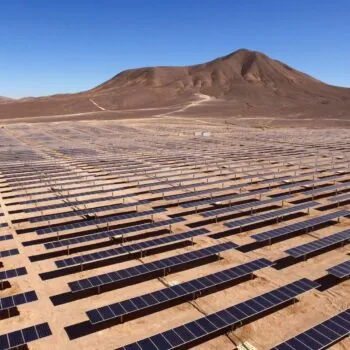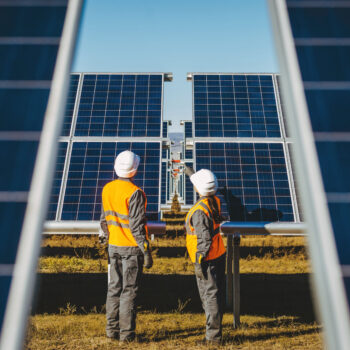“A leaked internal UN assessment of pledges and voluntary commitments made so far by developed and developing countries is distracting from the critical issues being debated in Copenhagen”, said Nick Mabey, Chief Executive of E3G.
The report claims that countries must close a gap of between 1.9 Gt and 4.2 Gt in their 2020 emissions in order to achieve a CO2 concentration level consistent with keeping temperature rise to 2°C or below.
“The UN is focusing on tonnes rather than transformation”, Mabey said. “The number of tonnes in 2020 is important, but it is only one step along the way to a zero carbon energy system and the broader global transition to low carbon, climate resilient economies. Measuring success based only on the ‘gigatonne gap’ is a distraction.”
The report’s claim that missing this target puts the world on a path to 3°C is misleading and not backed by any further analysis.
“Missing a 2020 target by 1 gigatonne does not put the world on a 3°C path; this difference is in the error band of measurement. What will keep us on a dangerous path is a failure to change the trajectory of energy investment in major economies. We do not want a false peak in emissions in 2020 due to one-off cuts in deforestation, which is then overwhelmed by unchanged emissions growth in the energy sector”. Mabey added
The UN assessment underplays the importance of potential loopholes such as allowing countries like Russia to keep their “hot air” surplus of Assigned Amount Units and weak rules for emissions from Land Use and Land Use Change (LULUCF). How these loopholes are handled is far more important than the headline numbers. Further, any progress over the next decade will quickly be overwhelmed unless steps are taken now to enable major countries to cut emissions drastically beyond 2020.
“There’s a lot of uncertainty around these figures” Mabey said. “The key point is that preventing catastrophic climate change will require all countries to move rapidly onto low carbon pathways. Building a strong international framework to drive that transformation, and translating that framework into a binding treaty, is the real challenge.”


